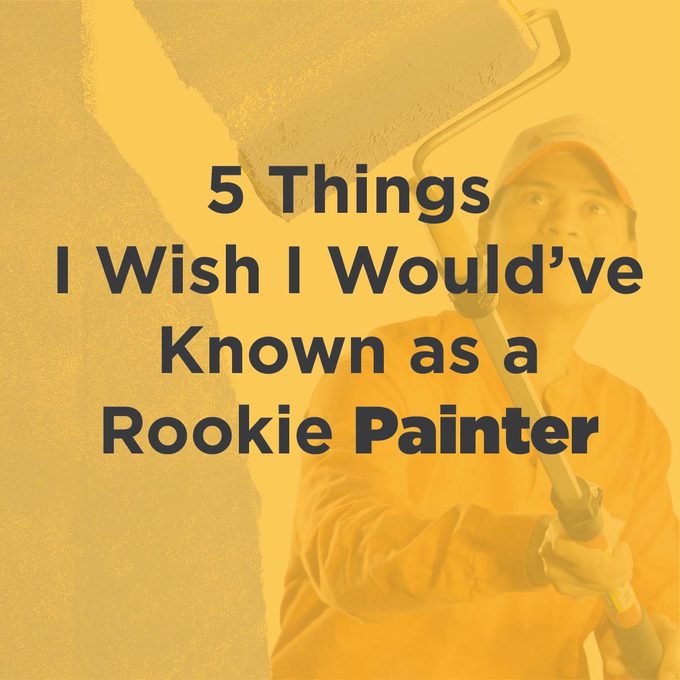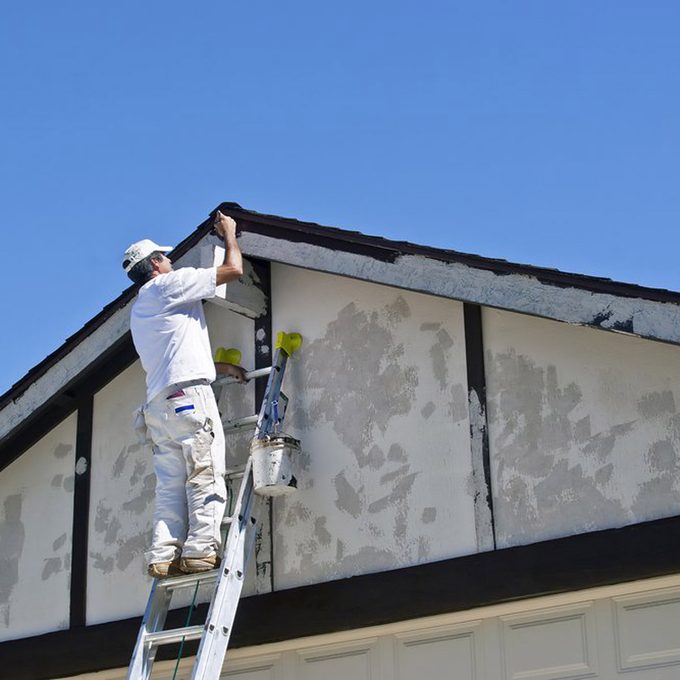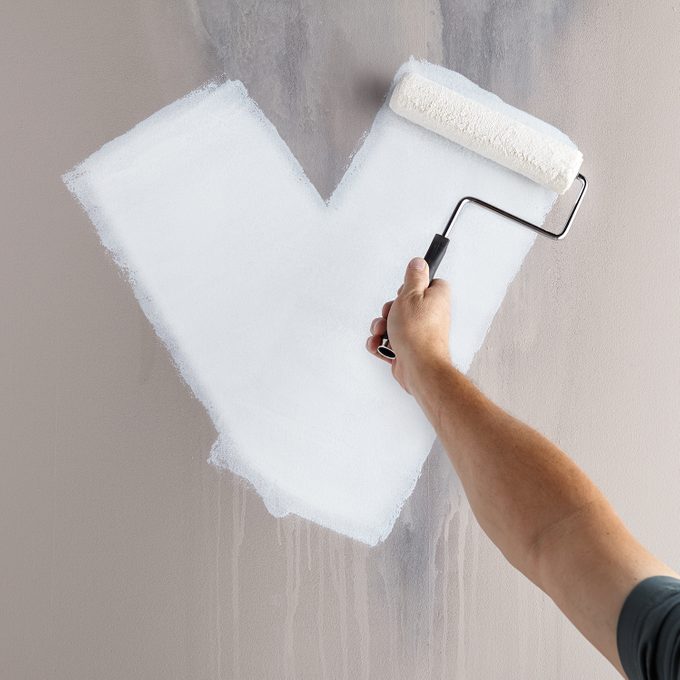We talked to a painting pro to learn five things that rookie painters should know before kicking off their career.
Our editors and experts handpick every product we feature. We may earn a commission from your purchases.Learn more.
We talked to a painting pro to learn five things that rookie painters should know before kicking off their career.
Our editors and experts handpick every product we feature. We may earn a commission from your purchases.Learn more.

Nick Slavik has worked in the painting industry since middle school. You read that right. He started with his dad’s painting company as an 11-year-old before founding his own firm fourteen years later. Slavik has been active in the trade ever since, learning a lot along the way. We talked with Slavik to find out five things he wishes he would have known before making painting his career of choice.

On This Page
For some, commercial painting might seem like a back-up plan for your back-up plan, something you fall into rather than set out to do. Slavik understands this point of view. When he was younger, he saw the job as inevitable simply because that’s what his dad did. Now he realizes he didn’t grasp the full potential of a career as a painter.
“I wish I would have known how much freedom you can have working in this profession,” Slavik says. “I grew up in this, so it was like, yeah, I guess I’ll be a painter because my dad’s a painter. I had no idea that if you applied business principles to this and pay attention to things like client satisfaction, you can turn this profession into a freedom-generating machine for you and your family.”

Sponsored by
![]()
Primer forms a layer that acts as glue that ensures a topcoat will stick evenly to the surface. A coat of primer also helps to seal a surface from moisture while also hiding blemishes and other imperfections. For a good all-around primer, weather-resistant KILZ 3® PREMIUM primer provides excellent adhesion for interior and exterior paint jobs and blocks most medium to heavy stains caused by tanning, water, and grease.
On your first day on the jobsite, there’s a good chance you’ll run into someone who, well, doesn’t smile a whole lot.
“Most of my father’s generation of contractors are beaten up and grumpy,” says Slavik. “You’d look at them and think, why would I ever do that?”
From Slavik’s perspective, being a painter is what you make of it. If you spend all your time wishing you were somewhere else, never take care of your body, and put off investing in quality safety equipment (more on that below), your years as a painter will begin take their toll. But it doesn’t have to be that way. Slavik argues that being a painter can be just as exciting as a job in the tech industry.
“If you think of the juxtaposition of computer coding… in Silicon Valley, one of the sexiest jobs on the face of the planet is computer coding,” he says. “They’ve got prosperous young people being happy and doing exciting things in open offices with bean bag chairs and foosball tables. They make such a good argument for being in the tech industry.
“But if you think about that job… is there anything more boring and mundane than computer coding? And on the opposite side, we’re restoring historic homes, and people love that stuff. People who don’t even like old homes get a kick out of seeing a before-and-after on a historic home.”
Slavik never received any formal training as a painter. He learned on the job through years of practice and always trying new things. This has led him to believe in a principle of constant improvement.
“You’re doing a job in a certain way now, but how could you make it better?” he says. “How could you make it faster? How can you serve your client better?”
You are not going to have all of the answers, especially just as you are starting out. Do not be afraid to experiment at least a little, especially early on. If you make mistakes, learn from them. If you have successes, learn from those too.
“If you have to wing it, make it an experiment,” he says. “Learn from it, and then consciously make improvements the next time you do it.”
The best way to avoid becoming a grumpy veteran in the painting industry is to take care of your body from the start.
“Fifty years down the road, that stuff will pay dividends, especially if you get a good pair of knee pads,” Slavik says. “Honestly, the knees are the first thing to go with tradespeople. You buy yourselves an extra two decades of work with a good pair of knee pads.”
Here are the four things Slavik thinks rookie painters should invest in:
Sometimes the construction trades can be a strangely competitive world, where pros treat the things they have learned over the course of their careers like closely-guarded secrets. Slavik is no longer a fan of that mentality.
“Do what I didn’t — and what almost no other painter did — and reach out to other painters and start collaborating with them,” he says. “In the early years of my career, I thought all other painters were my sworn enemy. Turns out, I reached out to a few of them and now we openly shared our processes, our systems, our pricing… we collaborate. That’s been the biggest growth for me personally and professionally.
In the age of social media, there are plenty of places to go to become part of a community. Reach out to your fellow painters online and in person, and be open to working with people instead of against them.
Nick Slavik is the owner of Nick Slavik Painting and Restoration Co. in New Prague, Minn. He has more than 25 years experience as a professional painter and served his country through two tours of duty in the Middle East. He is a contributor to “This Old House,” and produces a weekly Facebook show called “Ask A Painter.”
Next, read more from this series: